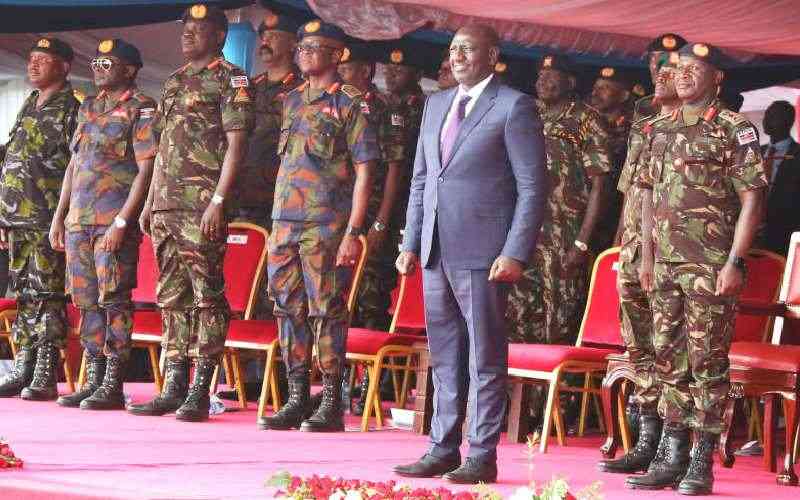×
The Standard e-Paper
Kenya’s Boldest Voice

The National Assembly Wednesday approved the deployment of Kenya Defence Forces (KDF) to the East African Community (EAC) Regional Force in the Democratic Republic of Congo.
Parliament's decision comes two days after Defence Cabinet Secretary Aden Duale met with the Departmental Committee on Defence, Intelligence and Foreign Relations officially requesting the approval to dispatch troops to the war-torn eastern region of DRC.